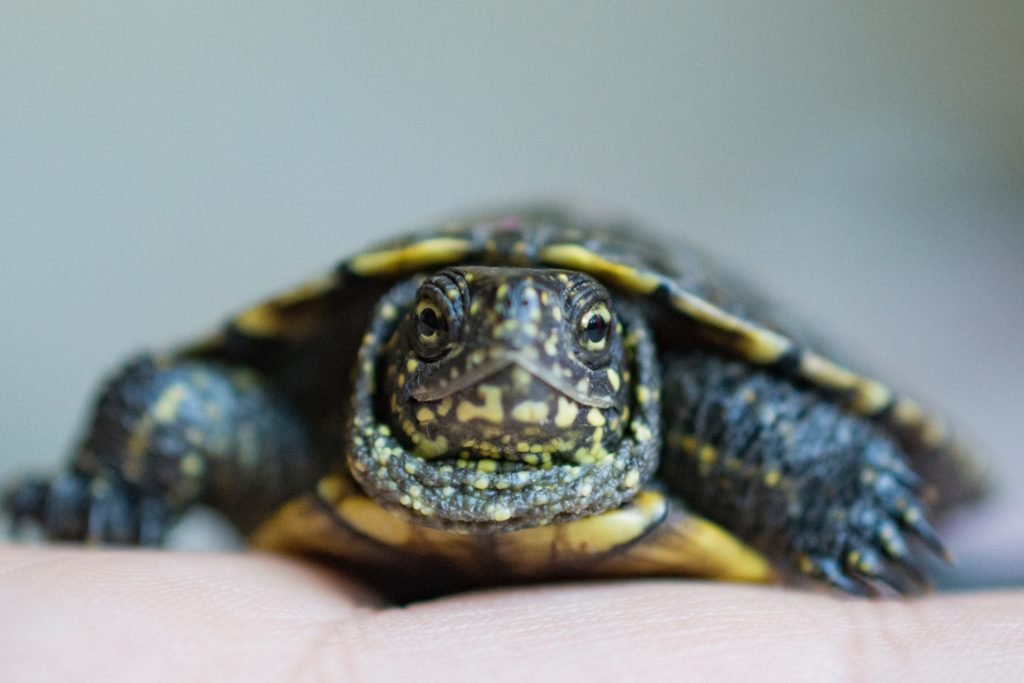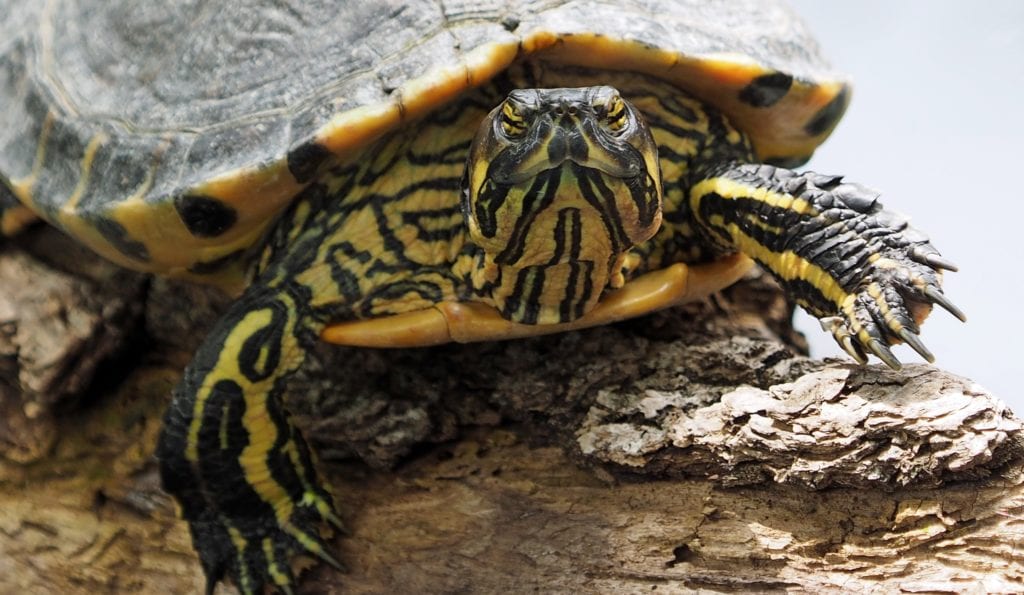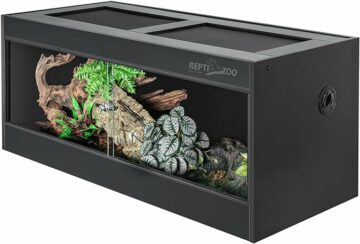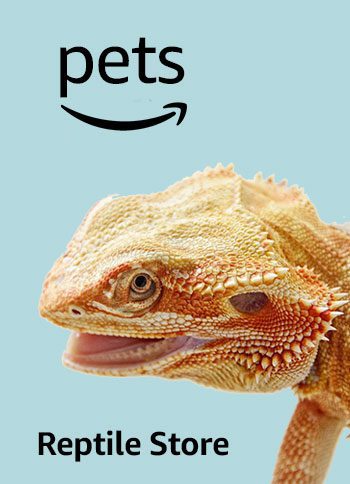Turtles have always fascinated human beings. Older than homo sapiens by many millions of years, a turtle is the only vertebrate that carries its home on its back in the form of a shell that is actually part of its spine. Given this fascination for them, are turtles good pets? Are turtles easy to take care of?
Taking Care of Turtles
Taking care of a turtle should be both simple and easy, depending on the species. One thing to keep in mind is that they are cold-blooded reptiles, so their enclosure needs to be kept at a certain temperature to keep them healthy. Another interesting fact is that a well-cared-for, healthy turtle can live a very long time. It’s not unusual for a turtle to live as long or longer than a human being, and owners might want to make provisions for their pet if they can no longer care for them.

Razvan Cristea on Pexels
There are close to 300 different kinds of turtles, but not every turtle is suitable as a pet. Specialists claim that the following species make the best turtle pets.
- Painted turtle
- Red-eared slider
- Mississippi map turtle
- Eastern box turtle
- African aquatic sideneck
- Central wood turtle
- Spotted turtle
- Caspian pond turtle
- Russian tortoise
- Greek tortoise
Some of these turtles can grow very large. For example, the Greek tortoise can grow a foot in length, so their ultimate size should be taken into account when choosing this turtle for a pet. And turtles never actually stop growing, but their growth rate slows down drastically once they reach maturity.
When it comes to food, some turtles are herbivores, while others eat both meat and plants. Still other turtles eat meat when they’re young but become herbivores as adults.
Turtle Enclosure and Environment
The size of the turtle’s enclosure is a factor to consider. Even if an owner gets a turtle when it’s very small, the enclosure needs to be as big as possible to accommodate their pet. Aquarium kits such as the Tetra Aquatic Turtle Deluxe Kit, come with a filter and heater along with the basics to get started. Keep in mind that turtles need water and a lot of space to explore.
The enclosure should also mimic the turtle’s natural environment when it comes to light and air temperature. To make sure that the temperature stays consistent, it’s a good idea to keep a thermometer in the enclosure. A Thermometer Hygrometer LCD digital humidity gauge will provide clear and concise measuments on the inside enviroment of the enclosure. Experts also recommend that the turtle be moved out in the sun once in a while.
Water
Water, even if it’s in a shallow dish, needs to be kept filled and scrupulously clean. This means it needs to be changed frequently, especially if the turtle is aquatic. If this is problematic, owners should consider a different type of turtle such as a tortoise, which is terrestrial or land-dwelling, and doesn’t require as much water.
Food
Meat-eating turtles will eat insects such as crickets, mealworms, tiny comet goldfish or commercial turtle food. Besides being terrestrial, tortoises are herbivores, so they should be fed fruit and vegetables and the fresher the better. Another good reason for having a turtle as a pet is that they don’t need to eat every day unless they’re very young and mostly aquatic. Grown turtles only need to be fed every other day or so.
A clean environment, including fresh water, good food and the right temperature and light will keep a turtle happy and healthy for decades.
Q&A Best Turtle Care Practices
What kind of home does a happy turtle need?
Turtles, both aquatic and terrestrial, require an enclosure that mimics their natural environment as closely as possible. Here are some key elements:
-
Aquatic turtles: Spacious tank with deep water for swimming and diving, a basking area with a heat lamp and UVB light, and a landmass for basking and climbing. Aim for 10 gallons of water per inch of turtle shell length.
-
Terrestrial turtles: Large terrarium with a warm basking area, cooler and humid hide boxes, varied substrate like soil and mulch, and climbing structures. Provide ample space for burrowing and exploring.
How do I maintain a healthy environment for my turtle?
Cleanliness is crucial for turtle health. Here’s the scoop:
- Aquatic turtles: Perform partial water changes weekly and full changes monthly. Use a filter and test the water quality regularly. Spot-clean the substrate daily.
- Terrestrial turtles: Remove waste daily and replace substrate completely every month. Maintain humidity levels by misting or providing a humid hide box.
What's the best diet for a healthy turtle?
A varied diet is key. Here are some guidelines:
- Aquatic turtles: Offer a mix of pellets, leafy greens, vegetables, and occasional insects or fish. Provide calcium and vitamin D3 supplements as needed.
- Terrestrial turtles: Focus on leafy greens and vegetables with occasional fruits and insects. Some species also enjoy meat. Consult a reptile veterinarian for specific dietary needs.
How can I ensure my turtle thrives?
Beyond basics, keep these things in mind:
- Regular vet checkups: Schedule annual exams and address any health concerns promptly.
- Handling with care: Wash your hands before and after handling, and support their body fully. Avoid dropping or squeezing them.






